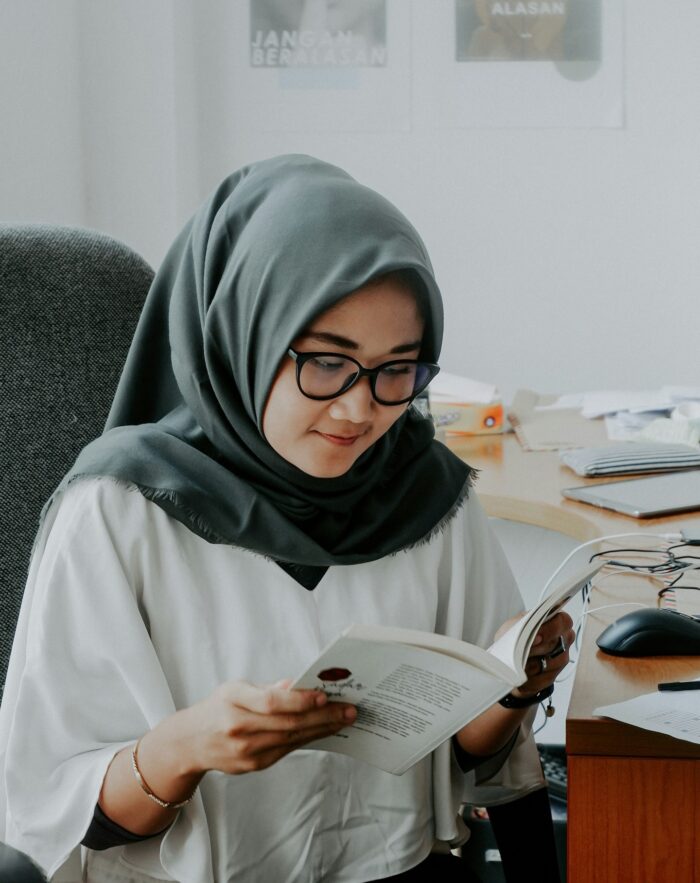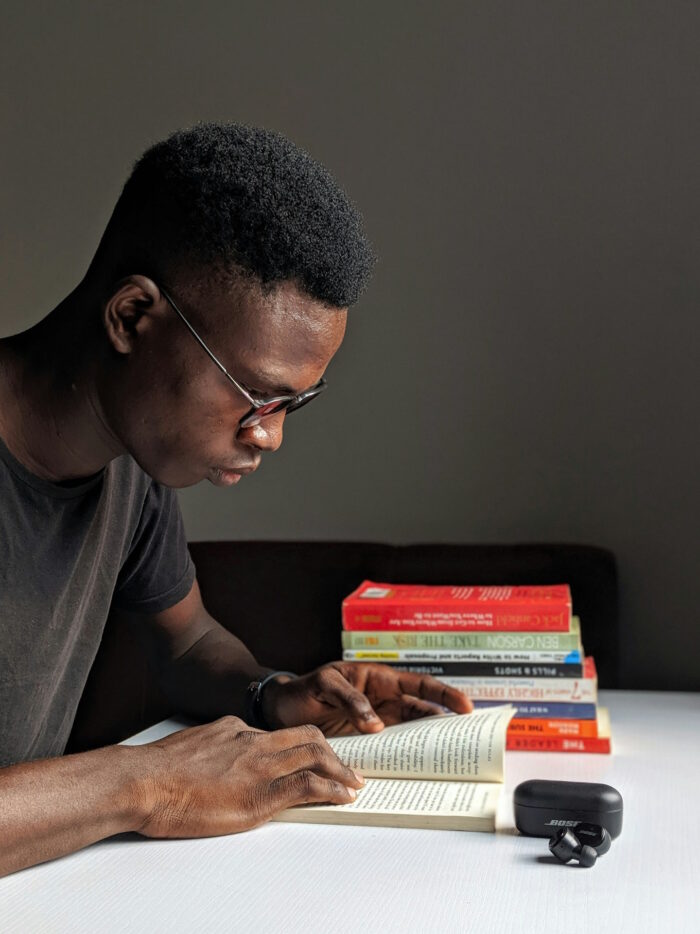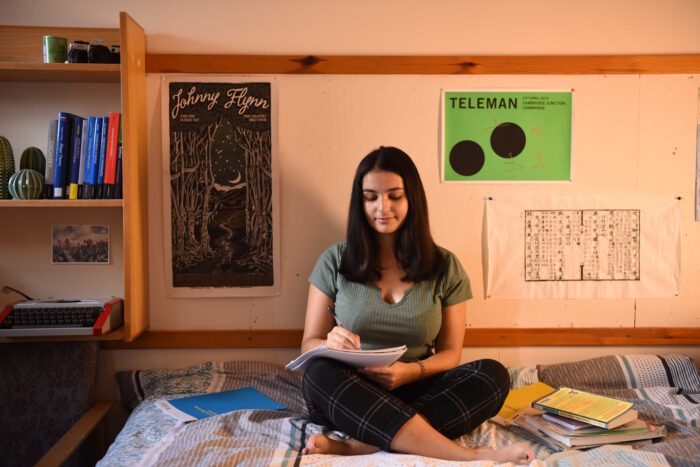English
- UCAS Code: Q300 BA/E
- Campus Code: 4
- Duration: 3 years
- Places per year: 6-8
The English Tripos at Cambridge University offers undergraduates a dynamic combination of historical perspectives and contemporary approaches to literature and language. The broad range covered in Part I over the first two years gives students an historical grounding in the range of literature in English since 1300. This enables students to make informed choices about areas of specialisation in their third year work for Part II. Students are expected to combine wide reading, increasing specialisation and independent research.

English
Looking for something specific? Use these quick links to get to where you want to go…
Course Overview
In your first year (Part IA), you take papers on Shakespeare and ‘practical criticism’, which involves training in close reading as well as reflection on different modes of critical practice. You also start work on two of the period papers, which will be examined in part IB. In your second year (part IB), you take one compulsory paper (English Literature and its Contexts 1300-1550) and a further three papers from a list of four. Most of the papers are examined by a formal examination, but students may also opt to submit a dissertation or another form of coursework for selected papers.
Part II of the course involves further study of practical criticism along with a paper on tragedy, and a dissertation on an independent research topic chosen by the student. There is a wide range of appealing options for additional examination subjects, which change regularly. In the past, options have included American Literature, Literature and Visual Culture, Literature from 1847-1872, Contemporary Literature, Postcolonial Literature, and papers on the history and theory of literary criticism and on moral and philosophical thought.

How You Learn
The core of a student’s work in English consists of supervisions in small groups, usually involving two undergraduates meeting with a supervisor to discuss an essay each week. Supervisions are arranged by the Directors of Studies and are taught by the College’s English Fellows as well as appropriate specialists from across the University.
Writing and discussing your weekly essays are the principal focus of study, but there is also a wide range of classes, seminars and lectures organised by the English Faculty at the Sidgwick Site, situated close by the University Library. There are also numerous talks by visiting speakers, as well as a diverse range of plays, films and other cultural events, such as drama workshops and poetry readings.
The College encourages students to make the most of the wide range of texts, issues, approaches and perspectives that the English course enables. Your supervisors work closely with you each week, which means that you have a wonderful opportunity to develop your styles of writing and thinking in a way that will equip you well for whatever your choose to do once you have finished your degree.
English: What's It Like?
If you’re interested in what one of our current students has to say about their experience of studying English, why not watch this episode of our podcast series, ‘Cambridge from the Inside‘?

Entry Requirements
Minimum Offer Level
A-Level: A*AA
IB Diploma: 42 points, with 776 at Higher Level
Other: See the University’s Entry Requirements page
Subject Requirements
You will need A levels/IB Higher Levels (or the equivalent) in:
- English Literature OR English Language and Literature
We would strongly recommend English Literature, since it prepares students better for the demands of the Cambridge English degree, but we are nevertheless prepared to consider applications from those taking English Language and Literature.

Admissions Process
Written Work
Applicants for English are required to submit two school essays written as part of your English course (excluding creative writing).
You do not have to send this work before applying; we will write to you after you have applied and let you know exactly what you need to send and when.
Admissions Assessment
If shortlisted for interview, you will be asked to take an admissions assessment. The College will register you for this – you do not need to register yourself. See also the University website’s page on College Admission Assessments.
Interviews
Two interviews of around 25 minutes each. Applicants are usually given something to read before one or both interviews.
Video Resource
Going beyond what you learn at school and engaging with super-curricular resources is a great way to develop your knowledge of your subject and demonstrate your passion at interview.
Watch this video of Dr Abigail Rokison-Woodall discussing editing Shakespeare for performance to learn more about English.